
views
New Delhi: Sri Lankan President Mahinda Rajapaksa says that he fought India's war by crushing the Tamil Tigers.
"By eliminating the LTTE (Liberation Tigers of Tamil Eelam) militarily, I have fought India's war," Rajapaksa told The Week magazine in an interview at his official residence here.
"There was no guarantee of security all these years. People could not celebrate freely, they were always afraid to speak freely. It was a war to end the rule of fear.
"The LTTE killed (former prime minister) Rajiv Gandhi, the greatest Indian I can think of. I think my war is part of the South Asian campaign against terrorism," the president added.
Rajapaksa was asked if he was friendlier with countries like China and Pakistan vis-a-vis India.
"Nothing is more important for me than what India thinks," he replied. "I thank Prime Minister (Manmohan Singh), Congress president Sonia Gandhi and the Indian people for the support to Sri Lanka during the war."
Sri Lanka's dragging Tamil separatist campaign ended May 18 when the military killed LTTE founder leader Velupillai Prabhakaran and all his top lieutenants and crushed the LTTE.
Rajapaksa pointed out smilingly that his "victory coincided with (Sonia Gandhi's) electoral victory. I have written to her congratulating her on winning the elections. India's moral support during the war was most important".
Without taking names, Rajapaksa said that even politicians from Tamil Nadu congratulated him after the war.
"Look at the fate of LTTE supporters in Tamil Nadu in the elections. All those who supported the Tigers have been routed. The people of Tamil Nadu have given these terror supporters a fitting reply."
He said he expected to visit Tamil Nadu "very soon".
"I used to spend my holidays in Tamil Nadu. I have Tamil relatives, and my niece is married to a Maharashtrian. I do not need invitations to visit India. I am connected to India through family ties."
What role does Rajapaksa visualise for the Sri Lankan military post-Prabhakaran?
"The Sri Lankan armed forces are highly disciplined and professional. Their next responsibility will be to contribute to the relief and rehabilitation of the displaced people in the north and northeast. Even during the war, they were building roads and bridges in the north."
Rajapaksa, who has a road named after him in the West Bank, said there was no contradiction in engaging with mutually antagonistic parties like the Israelis and Palestinians as well as India and Pakistan.
"India is my neighbour and best friend. But I want to have friends all over South Asia and that is why I find it all right to have good ties with Pakistan also."
He said the 1987 India-Sri Lanka accord led to the 13th amendment in the Sri Lankan constitution, paving the way for regional councils in an otherwise unitary country.
"In that way the home-grown approach covers the position of India too. This time, a political solution will be devised after taking every shade of Sri Lankan opinion into consideration.
"Since peace is in the interest of Sri Lanka, we have to sit down and decide on its content ourselves."
The president invited Indian industrialists to contribute to the development of Sri Lanka now that the war had ended.
He refuted allegations that the Sri Lankan military violated human rights in the war against the LTTE.
"I think the human rights lobby got its timing wrong. After all, they have to indulge in some antics to stay relevant. Where were they when the LTTE terrorised Sri Lankans all these years? Instead of congratulating Sri Lanka, they want to humiliate us."
He said he had not decided to advance the date of parliamentary elections, which are due next year.
"Not yet. The two assembly-level elections at Jaffna and Vavuniya should be completed first. Then I shall decide whether to have the parliamentary or the presidential elections."










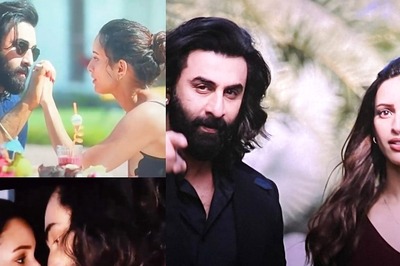



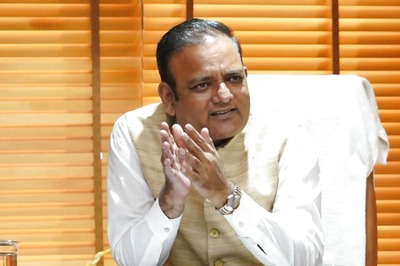
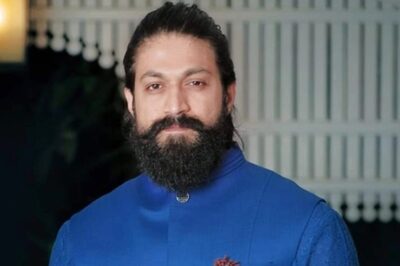
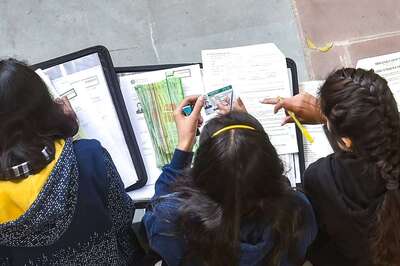
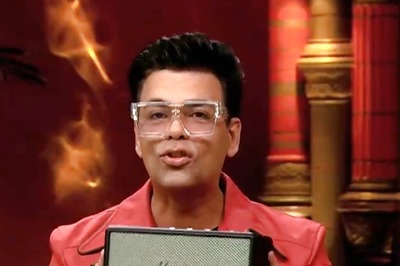
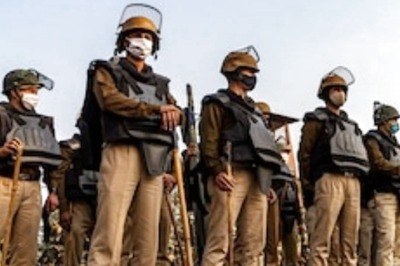
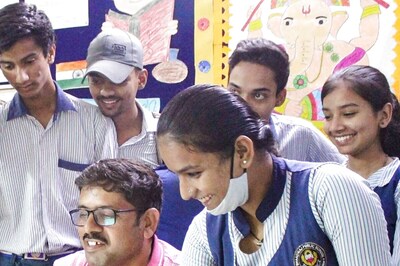
Comments
0 comment